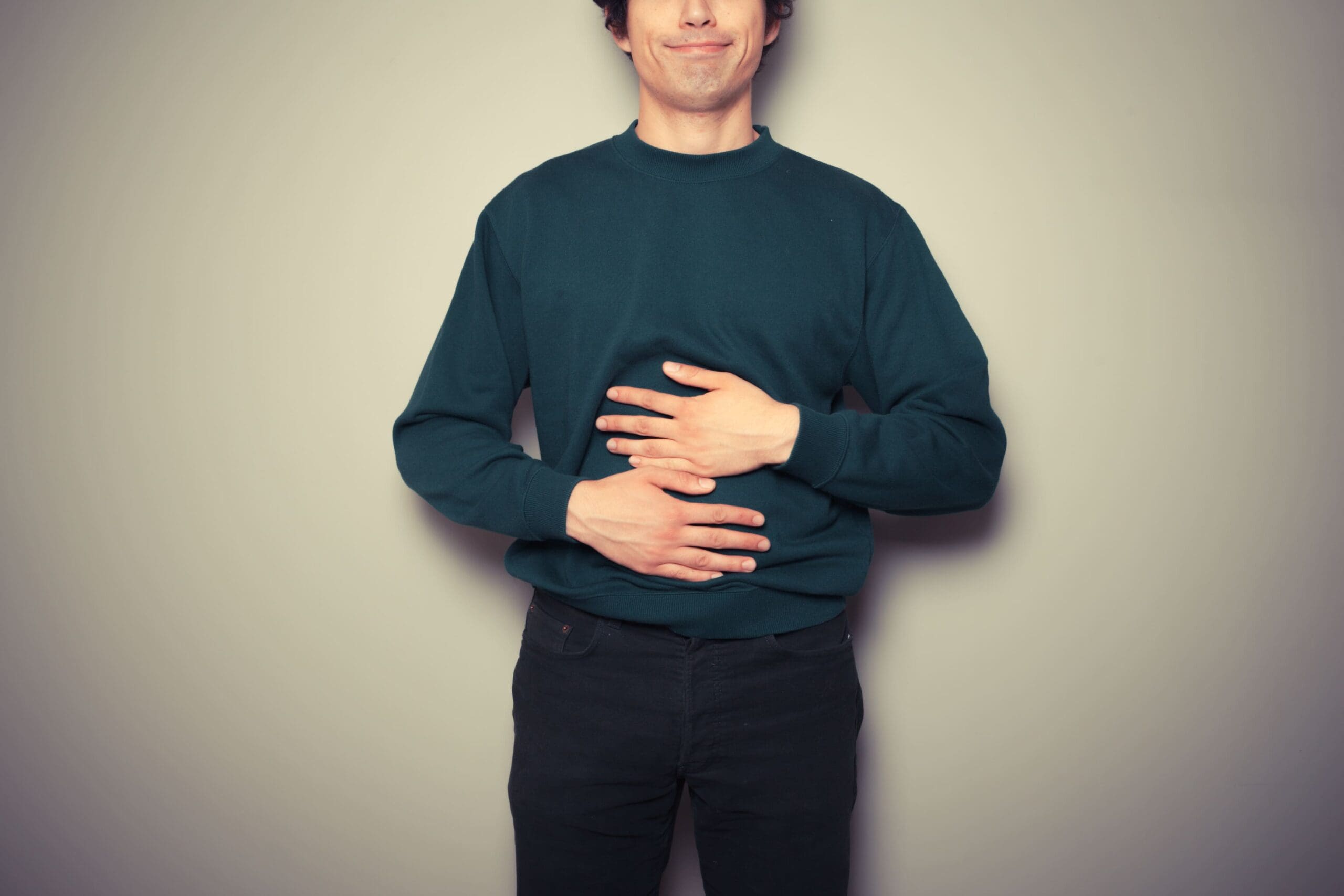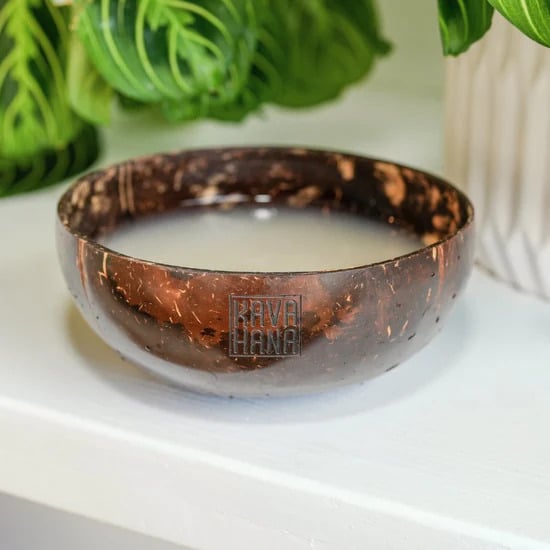There are different reasons people choose to use kava. Some use it to help them relax in social situations, others use it as an alternative to alcohol or to help them fall asleep. It’s best known for its psychoactive effects, those that affect your mind, including promoting relaxation, clarity, and calm. But did you know that drinking it on an empty stomach may have added benefits?
When used in its traditional form, as a beverage rather than as an extract or supplement, these effects are generally more reliable. Nonetheless, there are two additional aspects to consider that can significantly enhance your kava experience: when you drink it and understanding its reverse tolerance effect.
Drinking kava on an empty stomach
Drinking kava on an empty stomach is one of the best ways to get all of its benefits. When your stomach is empty, the kava isn’t competing with anything else for absorption. This means that the kavalactones (the active ingredients in kava) can be absorbed quickly and efficiently. The kavalactones are what are responsible for kava’s effects, so ensuring their absorption is critical for a positive kava experience.
Traditionally, in the Pacific Islands, where kava originates, people typically don’t eat meals until after they drink their kava. It’s usually drunk after work with friends or colleagues before going home. It’s like their version of happy hour and unwinding after the day. This practice allows for the full impact of the root to get into their body before having dinner with their families while honoring the tradition of kava being a community-focused beverage.
Many people find it’s a balance. Generally, it’s best to drink kava at least 3-4 hours after a meal or snack. However, some report that if they’re too hungry, drinking kava can make them feel nauseous. Others say a small, high-protein snack like a hard-boiled egg or piece of cheese helps with the nausea and doesn’t negatively affect the effects they get.
If you do choose to drink kava after eating a meal, here’s what to expect:
- Slower effects: because kava is competing for absorption, it will probably take longer for you to feel its effects.
- Diminished effects overall: Kava may not be as well absorbed if competing with other stomach contents and you may feel less of an effect than you would on an empty stomach.
- May need to drink more: Because of all the competition, you may need to drink more kava to get the effects you usually get if you’re drinking with a full belly.
Another important reason for consuming kava on an empty stomach relates to its interaction with medications. As with any natural product or medication, some don’t work well together and can lead to negative interaction effects. Some medications can impact kavas effects and in rare cases cause unwanted side effects. Making sure you use kava away from medications and other substances is a great way to ensure a good experience.
Drinking kava on an empty stomach could also affect how you experience reverse tolerance.
What is reverse tolerance?
One thing that makes kava particularly unusual is the “reverse tolerance” phenomenon. Many are familiar with the idea of tolerance, when the body slowly adapts to a substance the more you use it so you need to use more of it to get the same effects. This is a common experience with alcohol and other drugs. Kava works in the opposite way. It turns out that the more you drink kava over time, the less you need to get the same effects.
While we don’t know exactly why this happens, it’s thought that it comes from the way kavalactones act on the receptors in the brain. Receptors are like a lock that need the right key to activate it. They are responsible for certain feelings and behaviors, like our moods and emotions. In the case of kava, it acts on GABA receptors, which happen to activate the relaxation pathways in the brain. It’s suggested that these receptors become more sensitive to kava over time, so less kava is needed to activate them and trigger the cascade of the relaxation pathway.
While it is a well-documented effect of kava, reverse tolerance is also hotly debated since not everyone experiences it. However, a study done on rats using a kava extract back in 2010 demonstrated a complex series of events that can lead to the effects of reverse tolerance.
If drinking kava on an empty stomach speeds up kavalactone absorption, this could also support the idea that you develop reverse tolerance faster. If your receptors are being triggered more effectively, they could also be getting sensitized more quickly.
It’s important to make sure you use pure kava when thinking about these effects and the experience you want to have. There are a lot of kava options out there these days. Many that you find in a store are extracts or supplements. While they may be beneficial, they also come with more risks as they are combined with additional, often unwanted, ingredients that can give you negative side effects.
Drinking pure, natural kava like our Kava Nectar is one way you’ll ensure you’re getting the best kava for your goals and experience.
* Please note that the majority of kava research pertains to kava extracts, which often undergo significant processing and may contain additional ingredients and fillers that can influence their efficacy. It is crucial to consider this distinction when reading about kava studies. To draw an analogy, enjoying natural kava as a beverage can be likened to experiencing a freshly brewed cappuccino, whereas kava extracts are akin in functionality to a caffeine pill. Both forms have their unique benefits and can cater to different preferences and needs. While it’s helpful to understand research on kava extracts, please view it critically and remember that natural kava offers a uniquely holistic experience.
Tags: kava reverse tolerance, kava kava reverse tolerance, kava tolerance, kava kava tolerance, kava kava nausea, reverse tolerance to alcohol, reverse tolerance kava, kava nectar benefits, define reverse tolerance, kava nectar effects, kava with food, kava nectar side effects, does kava have a reverse tolerance, does kava have reverse tolerance


